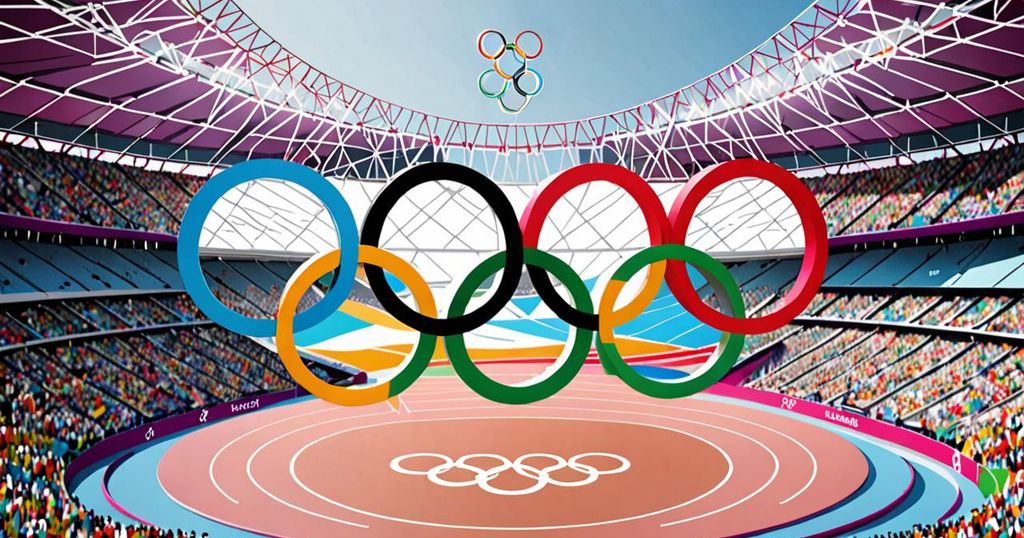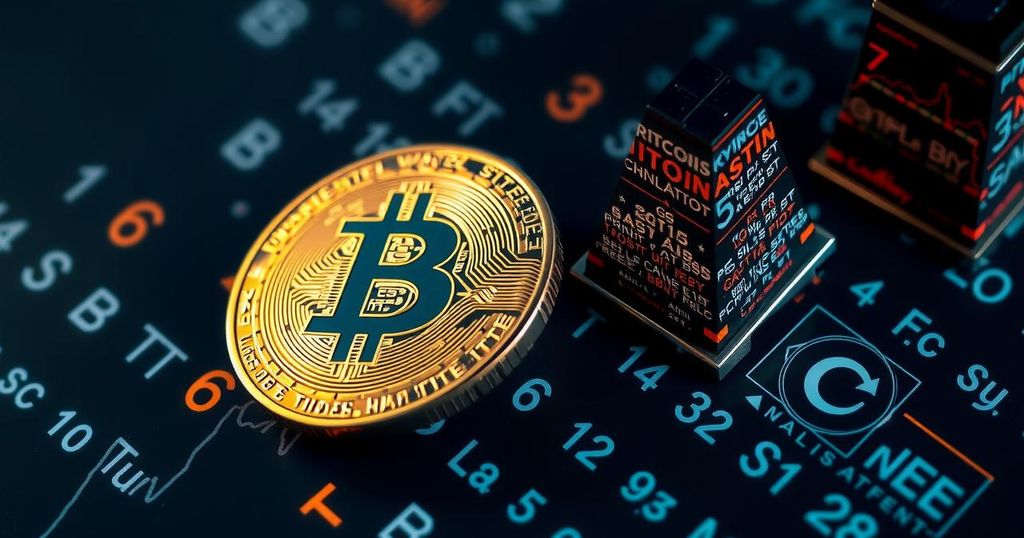The Impact of the 2024 Olympics on Global Relations
The ongoing Olympic Games in Paris have not only showcased athletic competition but have also served as a platform for the expression of French President Emmanuel Macron’s vision for the event and the country of France. The opening ceremony, through its cultural and historical representations, aimed to project a diverse and outward-facing France, yet this vision has faced opposition from various factions within the country.
Both the extreme left and extreme right have voiced their criticisms of Macron’s globalist tendencies and the portrayal of diversity in the opening ceremony. The depiction of a religious scene and the inclusion of LGBTQ+ members have been particularly contentious, drawing criticism from the Catholic church and Muslim communities worldwide. China’s quiet response during segments featuring LGBTQ+ members reflects their own stance on suppressing these communities.
Additionally, the decision to forbid Muslim women from wearing hijabs while competing for France at the Olympics has ignited controversy, especially in light of France’s secularist principles. This decision has further exacerbated tensions, including the conflict in Gaza, leading to rumors of potential athlete withdrawals if they were required to compete directly against an Israeli athlete.
The exclusion of Russian and Belarusian athletes due to doping scandals and the invasion of Ukraine has also been a significant point of contention at the Games. Speculation about possible Russian involvement in railway sabotages that disrupted travel on the opening day of the Olympics has further heightened geopolitical tensions surrounding the event.
Despite France’s history of successfully hosting major events, recent disruptions at the Uefa Champions League final and the ongoing controversies at the Olympic Games have raised questions about potential efforts to undermine the country, whether intentional or coincidental.
The geopolitical implications of these events extend beyond the confines of the games in Paris, with speculation about Russia’s motives in hosting the World Friendship Games and the potential effects on the modern Olympic movement. As global geopolitical tensions continue to shape the dynamics of the Paris Olympics, it is likely that further controversies may arise before the event concludes.
In conclusion, the 2024 Olympics in Paris have shed light on the intricate intersections of global politics, cultural representation, and sporting events. The controversies and tensions surrounding the Games embody broader geopolitical divisions and underscore the significant impact of international events on diplomatic relations and global perceptions.








Post Comment